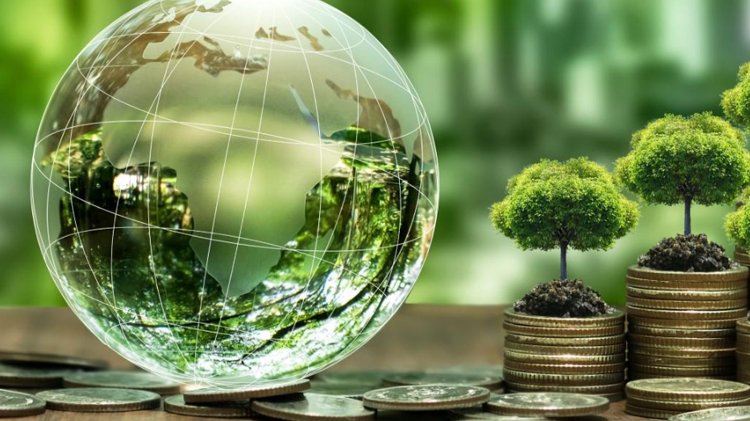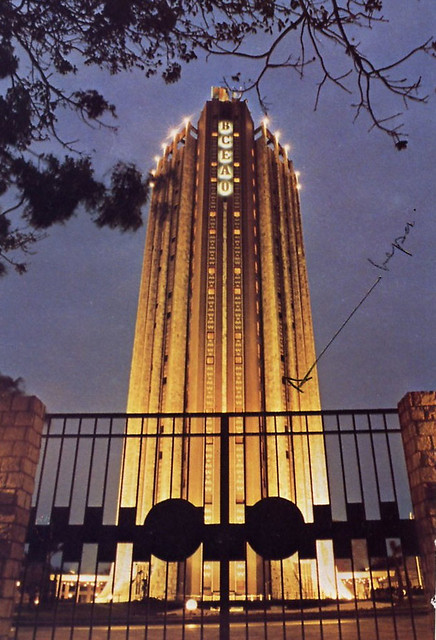Minister Nialé Kaba reassures about the strength and performance of the Ivorian economy
On January 29, 2025, the Minister of Economy, Planning, and Development, Mrs. Nialé Kaba, was the first guest of the year at the podium of the Government Meetings, an event organized by the Government Information and Communication Center (CICG) in Abidjan-Plateau. Under the theme "Economic Policy and Development Planning in Côte d'Ivoire: Issues, Challenges, and Perspectives," the guest of the day provided a detailed assessment of the economic progress of Côte d'Ivoire while outlining ambitious prospects for the country. Indeed, according to the minister, since 2012, Côte d'Ivoire has established itself as one of the most dynamic economies in Africa, thanks to a rigorous development strategy based on the National Development Plans (PND). These efforts have not only strengthened the country's infrastructure but also significantly improved the living conditions of its citizens. The Gross Domestic Product (GDP) per capita has seen impressive growth, rising from 789,803 FCFA in 2012 to 1,535,135 FCFA in 2023, reflecting a genuine improvement in the standard of living for Ivorians over the past decade. The Ivorian economy has demonstrated great resilience in the face of global economic turbulence. Between 2012 and 2019, the average annual growth rate reached 8%, consolidating the foundations of national development. Although the COVID-19 pandemic caused a contraction of the economy in 2020, with growth limited to 0.7%, the country managed to recover with an average growth rate of 6.5% between 2021 and 2024, illustrating the flexibility of its economy in response to external shocks. One of the major focuses of government action remains the fight against poverty. The poverty rate, which was 55.4% in 2011, fell to 37.5% in 2021, marking a decrease of nearly 18 percentage points over a decade. This reduction in poverty is accompanied by effective social programs such as the Government Social Program (PSGouv) and the Government Youth Program (PJGouv), which have benefited millions of people. In particular, nearly 2.6 million young people benefited from the Youth Program between 2023 and 2024, and the Productive Social Safety Nets Program has supported 457,000 households with an investment of 156 billion FCFA since 2017. Social coverage has also made notable progress, with the number of insured individuals under the Universal Health Coverage (CMU) skyrocketing from 3.7 million to 16 million in 2024, demonstrating the government's commitment to providing health access to an increasing number of citizens. In the industrial sector, significant progress has been made, particularly in the local processing of raw materials. For instance, local cocoa processing increased from 4% in 2011 to 30-35% in 2024, and cashew nuts now have a processing rate of 36%, a significant advancement compared to the previous situation. However, Minister Nialé Kaba emphasized that several challenges remain, including the modernization of strategic infrastructures, particularly in the digital and energy sectors, as well as food sovereignty and the fight against the effects of climate change. She also stressed the importance of increasing innovation and productivity to enhance the competitiveness of the Ivorian economy while continuing to empower youth and women, key players in inclusive development. The government is thus continuing the implementation of the National Development Plan (PND) 2021-2025, which is based on inclusive and job-creating growth. At the same time, the preparation of the PND 2026-2030 focuses on the structural transformation of the country, with a commitment to strengthening achievements and ensuring sustainable, equitable, and inclusive long-term growth. Mrs. Nialé Kaba reaffirmed the government's commitment to maintaining sound public financial management, striving to settle debts to suppliers. This budgetary discipline, combined with solid economic performance, places Côte d'Ivoire on a promising trajectory toward shared prosperity under the leadership of President Alassane Ouattara, thereby reinforcing its role as an economic model in West Africa.
Source: Government Portal Côte d’Ivoire, Web Editorial Team MEPD




